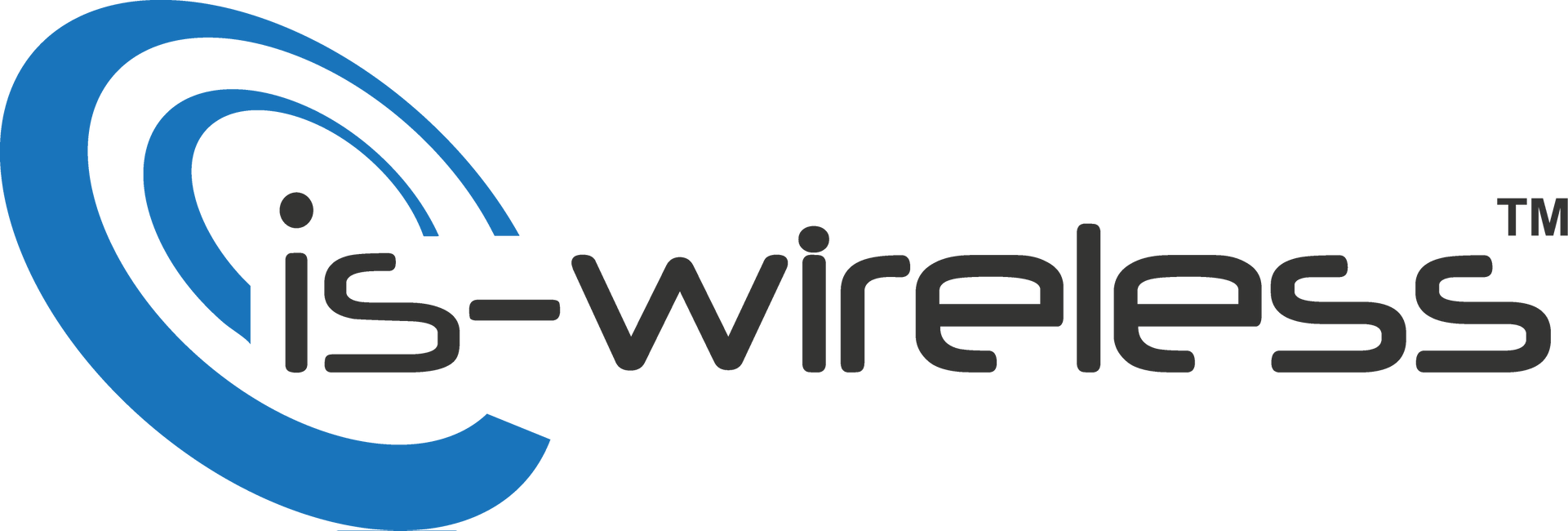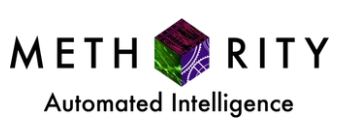Project overview
The Approximate Computing for Power and Energy Optimisation ETN will train 15 ESRs to tackle the challenges of future embedded and high-performance computing energy efficiency by using disruptive methodologies.
Following the current trend, by the year 2040, computers will need more electricity than the world’s energy resources can generate. On the communications side, energy consumption in mobile broadband networks is comparable to datacenters. To make things worse, Internet-of-Things will soon connect up to 50 billion devices through wireless networks to the cloud. APROPOS aims at decreasing energy consumption in both distributed computing and communications for cloud-based cyber-physical systems. The project proposes adaptive Approximate Computing to optimise energy-accuracy trade-offs.
Luckily, in many parts of the global data acquisition, transfer, computation, and storage systems there exists the possibility to trade off accuracy to less power and less time consumed. As examples, numerous sensors are measuring noisy or inexact inputs; the algorithms processing the acquired signals can be stochastic; the applications using the data may be satisfied with an “acceptable” accuracy instead of exact and absolutely correct results; the system may be resilient against occasional errors; and a coarse classification may be enough for a data mining system. By introducing a new dimension, accuracy, to the design optimization, the energy efficiency can even be improved by a factor of 10x-50x. We will train the spearheads of the future generation to cope with the technologies, methodologies, and tools for successfully applying Approximate Computing to power and energy saving.
In order to alleviate the energy issues, APROPOS will contribute to decreasing energy consumption in both distributed computing and communications for cloud-based cyber-physical systems by introducing an adaptive energy-aware approximate computing overlay. Approximate and transprecision (i.e., adaptive precision) computing paradigms combined with application-specific processing structures are the key elements in achieving the required energy efficiency improvements. Since energy consumption is the product of (computing or communication) time and average power consumption of the device while carrying out an operation, these two factors, time and power, must be addressed for achieving energy savings. The precious and novel third dimension, accuracy adjustment for decreasing time and power, is the key contribution of the APROPOS network.
Role of IS-Wireless
IS-Wireless is a non-beneficiary in the project. As such it was hosting and providing the support to an ESR for an in-person industrial secondment visit for two months. As a plan for industrial secondment, the visit had a goal of, among others, furthering ESR’s transferable skills particularly in terms of e.g. preparing and writing grant applications, project management, and working in industrial research. During the stay the ESR also took part in 5G-related training. The candidate has provided the final report about future usage of approximate computing, how it can contribute to the design and deployment of beyond-5G networks, etc.










